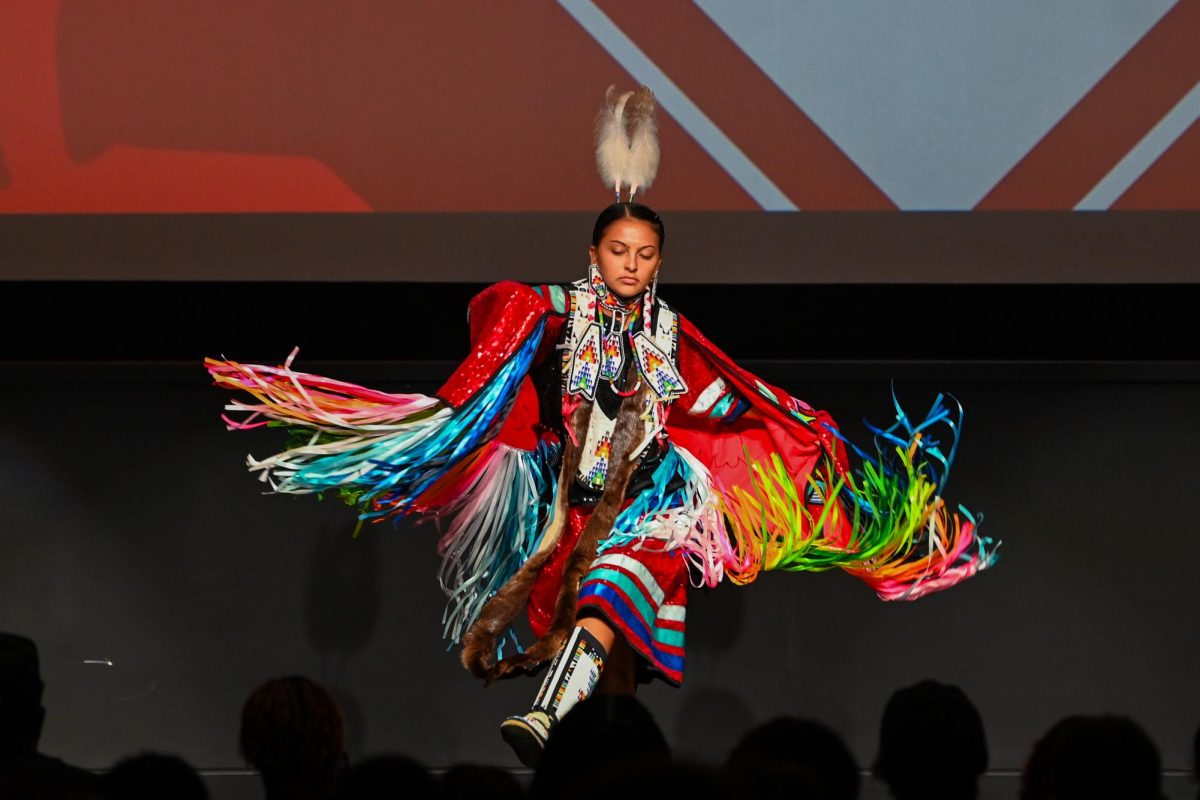As you walk into Crossfit Raleigh, you pass a worn yellow sign next to the door that proclaims “By slapping this sign, you agree to be better than yesterday.” It’s clear the paint job has suffered a few too many slaps.
Crossfit is a relatively new philosophy of exercise, started in 1995, that has become incorporated into military boot camps and even some parts of police training. It is now also offered in Chennell Miller’s gym, Crossfit Raleigh.
“We call our members ‘athletes,’ because we believe you’re training for life,” Miller said. “We really just want to get better every day.”
Crossfit Raleigh doesn’t look like the traditional gym — it looks almost empty. Instead of machines, there are pull-up bars and piles of ropes, tires and boxes lined up against the walls.
”We don’t use machines,” Miller said, “everything is human operated.”
The philosophy of Crossfit is focused on incorporating objects and motions from everyday life to stay fit. Athletes do not use machines as guides, and instead practice what they call fundamental movements, including dead lifts and presses. They also run and do gymnastics.
“Those make sense, those movements, as opposed to just doing a bicep curl or a shoulder raise,” Zach Brunk , a Crossfit athlete and a business intelligence consultant at SAS, said. “It’s not that they’re bad movements, but they don’t have as broad of an application.”
Miller started out doing Crossfit in Connecticut while she was working as a personal trainer. Even though she was in good shape then, the workouts were challenging, which made her love the program.
“I [started training] because I wanted to go into police work…” Miller said. “But in the back of my mind, I thought it would be really great to own a Crossfit affiliate.”
She did become a police officer, but later withdrew and opened her own gym. However, she is still helping out the police force — many of the athletes at Crossfit Raleigh, according to Miller, are with ROTC, Raleigh police, or the fire department. The members of the program are very dedicated, coming to the gym four to five times a week on average.
“I started because I’m in ROTC, and being physically fit is an essential part of becoming an officer,” Ben Bizzel , a junior in political science and a member of ROTC, said.
Joanne Davis skates for the Carolina Roller-girls, a local roller derby team. She started coming to Crossfit to train for her sport.
“When I get hit, I don’t fall, and I’m a lot faster,” Davis said.
However, even if someone were to start off completely out of shape, the members of Crossfit Raleigh were confident they would be able to keep up with the group.
“You would learn the basic function of all the movements, but you would only use the weights that you were comfortable with,” Bizzel said.
This devotion from Crossfit Raleigh’s members means most people who attend know each other.
“It’s a group training situation…. They are getting that feedback from me as a coach, but they are also getting that motivation from the people next to them who are enduring the same workout,” Miller said.
Brunk described the community as a “giant accountability partner,” that helps him stay on track.
”I guess everyone wants to suffer together,” Brunk said.
Crossfit also is unique as it also relies on competition as a motivator – for example, they got together last weekend to compete with two other gyms.
“It’s kind of neat to see how our athletes are training in comparison to theirs – not in a negative way, but in a fun way,” Miller said.
These competitions are run often on a local scale, and anyone is invited to compete. But the real event is the Crossfit world-wide competition called the Crossfit Games. The Crossfit Raleigh team made it to the Games last year and finished 16th .
“They call it the sport of fitness,” Miller said.
But the Crossfit athletes wanted to be sure that people knew the competition was all in good form; there are no hard feelings between them.
“I played high school sports, and never once did I have an opposing team or player sit there and cheer for me as an individual; at both competitions, not only would that happen, but I would be encouraging others,” Bizzel said.



